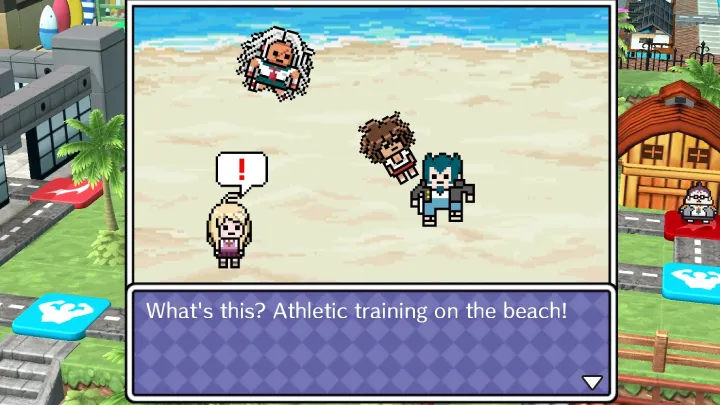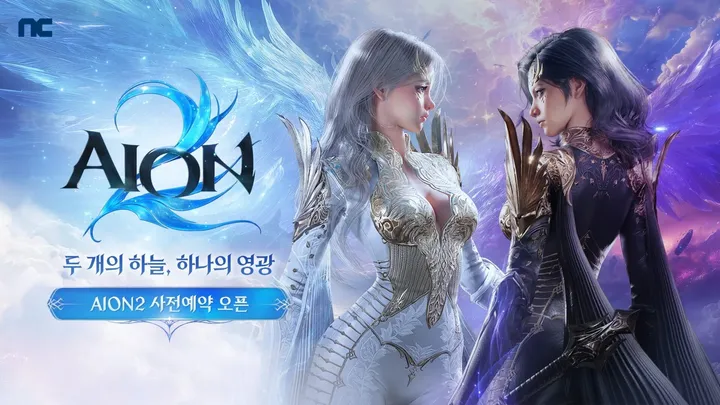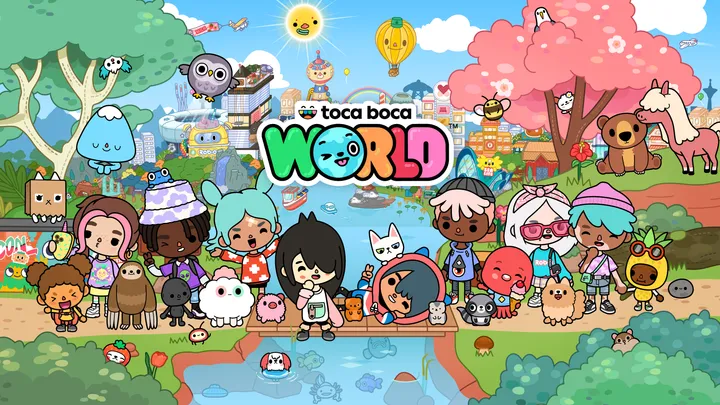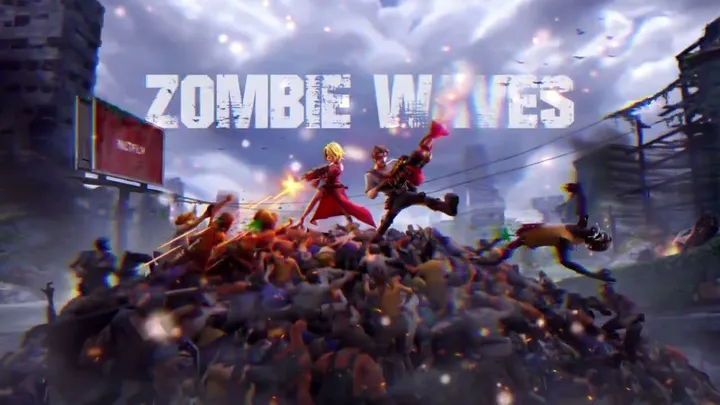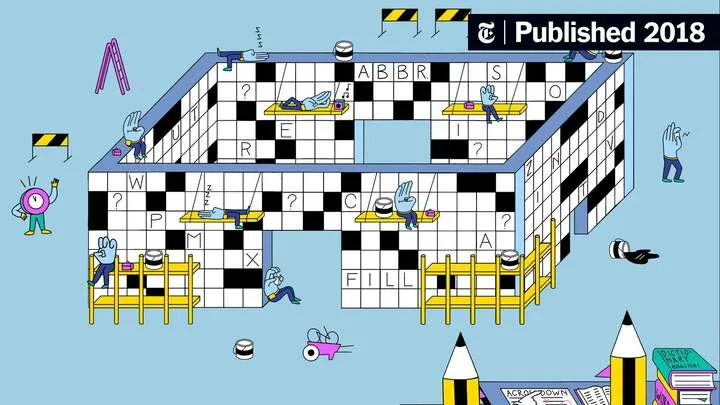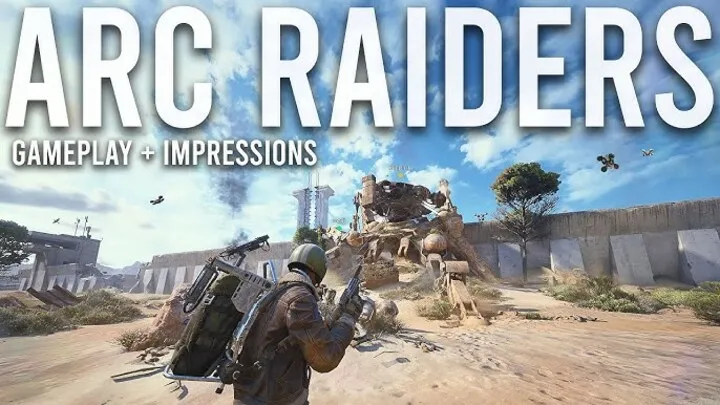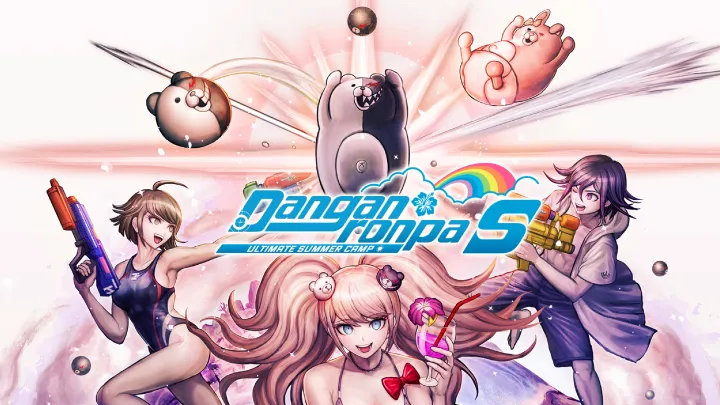
Introduction
Danganronpa S: Ultimate Summer Camp marks an intriguing departure from its predecessors, combining elements of the visual novel genre with a new gameplay format that challenges players to navigate both social relationships and competitive mini-games. As a spin-off of the widely popular Danganronpa series, it retains the familiar themes of hope and despair while encapsulating them in a whimsical summer camp setting. This article will explore the specific issue of relationships and how they reflect the broader themes of hope and despair, analyzing how the game utilizes an ensemble cast to navigate interpersonal dynamics and the implications of choice in a setting designed for camaraderie yet tinged with the franchise's trademark tension.
Setting the Stage: A New Format
Introducing Ultimate Summer Camp
Danganronpa S: Ultimate Summer Camp takes place in a bright, inviting summer camp environment populated by characters from across the series. Unlike the primary titles that revolve around murder mysteries and intense psychological battles, this game provides a more relaxed atmosphere, allowing for exploration and mini-game competitions. However, familiar undertones of despair are interspersed within the seemingly cheerful activities.
- Gameplay Mechanics: The game utilizes a board-game style format, where players can accumulate points and engage in mini-games that highlight character interactions. Each character possesses unique abilities that influence gameplay, encouraging players to form relationships while strategizing to win events.
- Exploration of the Environment: The camp setting promotes exploration, allowing players to engage with various locations that each have their unique charm. This contrasts the dark settings of previous titles, creating a surface-level sense of positivity while nurturing the underlying tension that Danganronpa fans expect.
This shift in gameplay and aesthetic invites a new experience while retaining the essence of the franchise, prompting players to engage with familiar characters in new ways.
Emphasizing Relationships
At the heart of Ultimate Summer Camp lies its intricate focus on relationships. The game encourages players not only to interact with characters to build friendships but also to utilize these connections to gain advantages in competitive scenarios.
- Character Interaction: The key feature here is the "Relationships" mechanic, where players can engage in conversations with characters, participate in events, and navigate scenarios that test the strength of their bonds. Each interaction brings players closer to understanding the characters' backgrounds and aspirations.
- Diverse Cast: The ensemble cast brings varying perspectives to interpersonal relationships. The variety of personalities—from the optimistic to the cynical—creates a vibrant social tapestry. This diversity emphasizes the range of interactive possibilities and underlines the themes of hope and despair through individual character arcs.
By focusing on relationships, Danganronpa S skillfully crafts a narrative that revolves around the interplay of individual hopes against the backdrop of despair.
Friendship vs. Competition: The Duality of Relationships
Navigating Social Dynamics
As players engage with characters, they are presented with the duality of friendship and competition. While building relationships is essential for gaining advantages in gameplay, the competitive nature of the camp introduces underlying tensions in these interactions.
- Building Trust: Players must balance the need for cooperation with the inherent competitive structure of the camp. Forming alliances with characters can yield benefits, but players must be wary of betrayals and rivalries that can quickly emerge.
- Social Games: Several mini-games highlight this tension between collaboration and competition. While players may start building camaraderie, the mechanics of the game often incentivize players to strategically outmaneuver their friends, creating a complex web of social interactions grounded in both trust and ulterior motives.
This duality reinforces the idea that relationships are not solely about companionship but are also influenced heavily by individual ambitions and desires.
The Impact of Competition
The competitive aspect of Ultimate Summer Camp serves to heighten the stakes of character relationships. Characters must weigh their friendships against their ambitions, leading to scenarios where trust can be tested.
- Strain on Relationships: As characters compete for points and advantages, rivalries can develop, causing fractures in previously strong bonds. Players watch as friendships are challenged by the desire to win, adding a layer of complexity to characters’ interactions.
- Character Development through Competition: This competitive foundation allows for deeper character explorations, showcasing how characters respond under pressure. Players gain insight into their motivations, fears, and aspirations as relationships shift from supportive to adversarial based on the inherent nature of the camp.
Through this lens, the game illustrates the multifaceted nature of relationships, emphasizing that competition can both strengthen and strain interpersonal bonds.
The Role of Choice in Character Interaction
Choice as a Catalyst for Growth
One of the most significant aspects of Danganronpa S is the emphasis on player choice. Each decision made during interactions has repercussions, allowing for varied story routes and character pathways.
- Dynamic Conversations: Players are presented with dialogue choices that influence how relationships develop. These moments of choice allow players to shape their interactions, essentially customizing their experiences with each character.
- Influencing Outcomes: The choices players make can lead to different friendship levels, affecting characters' abilities and interactions in mini-games. This mechanic reinforces the idea that relationships are shaped by individual decisions, highlighting the impact of personal agency in social dynamics.
Choices in the game serve as both a mechanic and a thematic element, illustrating how different paths can yield numerous outcomes in relationship dynamics.
Consequences of Choices
With the freedom to choose comes the weight of potential consequences. Players must navigate the intricacies of relationships carefully, as their decisions can lead to unforeseen outcomes.
- Redirection of Relationships: Certain choices can cause characters to become more distant or foster rivalries, testing players' strategic thinking. This consequence emphasizes that not all interactions will lead to positive outcomes, mirroring the complexities found in real-life relationships.
- Reflection of Characters’ True Nature: Players may discover that their choices reveal different facets of characters' personalities. Choices that players perceive as harmless could lead to serious rifts, showcasing the layered nature of trust and friendship in competitive spaces.
This aspect of choice underlines the thematic exploration of hope and despair, as players navigate their relationships' unpredictable and often volatile nature.
The Weight of Past Experiences
Trauma and Its Influence
As players engage with various characters, themes of trauma and past experiences emerge and impact relationships. Several characters carry emotional baggage that can dictate how they interact with others.
- Character Backstories: Each character possesses a unique history that influences their perspectives on trust and competition. Players encounter individuals who have been betrayed, leading to a natural distrust in new relationships, while others seek redemption and connection.
- Building Empathy: Players are encouraged to understand these past experiences during interactions, fostering empathy. A nuanced character like Kokichi Ouma displays an outward persona meant to confuse and challenge others, yet underlying aspects of his past reveal vulnerabilities that players must navigate carefully.
The integration of character histories serves to deepen the narrative and enrich the relational dynamics, showcasing how individual experiences shape social interactions.
Healing Through Connection
Danganronpa S emphasizes that relationships can serve as a pathway for healing. Characters often lean on each other to overcome their past traumas, allowing for emotional growth and connections to flourish.
- Finding Support: Through collaborative mini-games and dialogue, players witness characters helping each other confront their fears. The supportive environment created within the camp becomes crucial for healing, underscoring the importance of friendship in overcoming despair.
- Character Growth Pathways: As players navigate relationships, they witness characters evolving through their interactions. These moments of connection become vital for fostering hope in a setting that contrasts with the darker themes of the broader Danganronpa series.
This focus on healing through connection reinforces the game's exploration of relationships as essential for personal growth.
The Theme of Hope vs. Despair
Revisiting Danganronpa’s Core Themes
Although set in a brighter, camp-like environment, Danganronpa S maintains core themes of hope and despair that have defined the franchise. The juxtaposition of friendships and competition embodies this overarching tension.
- Hope as a Driving Force: Characters seek to inspire hope through their relationships, striving to lift each other in challenging moments. The commitment to friendship emphasizes that hope can be cultivated through connections, even in the face of competition.
- Despair Lurking Beneath: Despite the cheerful surface, underlying tension and the threat of failure loom large. Characters may succumb to despair when relationships falter or betrayals surface, reminding players that hope is often fragile.
This theme is essential to the Danganronpa series, serving as a reminder of the constant struggle between uplifting and sinking into despair.
The Balance Between Hope and Despair
The interplay between hope and despair manifests within character relationships, showcasing how bonds can give rise to both stability and instability.
- Friends Turned Rivals: Characters who start as friends can quickly turn adversarial due to competition, illustrating how hope can give way to despair. This fluctuation creates a dramatic tension that keeps players engaged with the narrative.
- Building Resilience: The moments where characters unite despite competition become opportunities for resilience and renewed hope. Players learn that while despair may arise, connections can offer stability and support in challenging times.
This balance reflects the emotional gravity of Danganronpa S, reinforcing that relationships can be a source of both light and darkness.
Conclusion: Relationships as a Reflection of Personal Agency
Danganronpa S: Ultimate Summer Camp expertly explores the themes of hope and despair through the lens of relationships in a more playful environment. As players navigate the intricacies of social dynamics, the game highlights the importance of personal agency in shaping narratives within the context of friendships and competition.
By emphasizing choice and character backstories, the game enables players to experience relationships’ profound complexities, demonstrating that interactions can lead to both uplifting and despairing outcomes. It is this tension between camaraderie and competition that imbues Danganronpa S with a rich tapestry of emotional depth.
In revisiting the familiar world of Danganronpa, players are invited to reflect on the continual balance between hope and despair that characterizes life, underscoring the need for connection amid uncertainty. This exploration of relationships serves as a poignant reminder that while the world may be filled with competition and rivalry, it is through supportive connections that individuals can find strength and hope.
